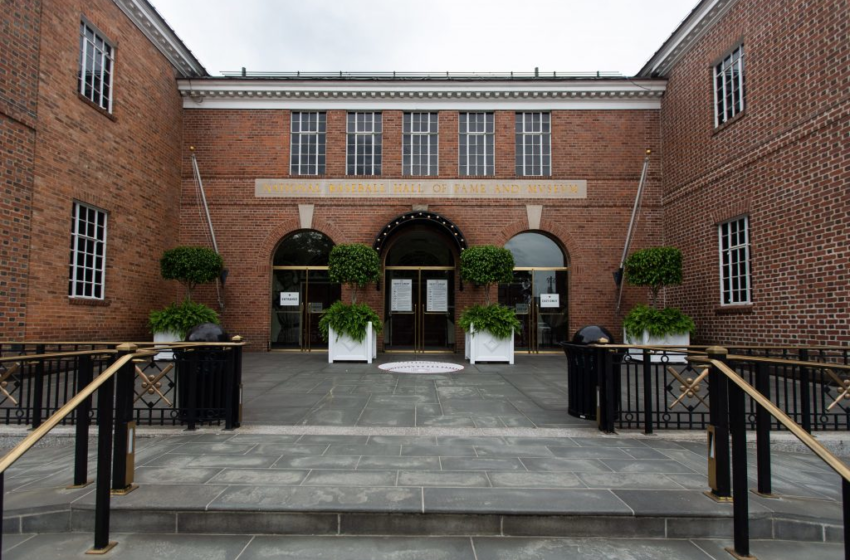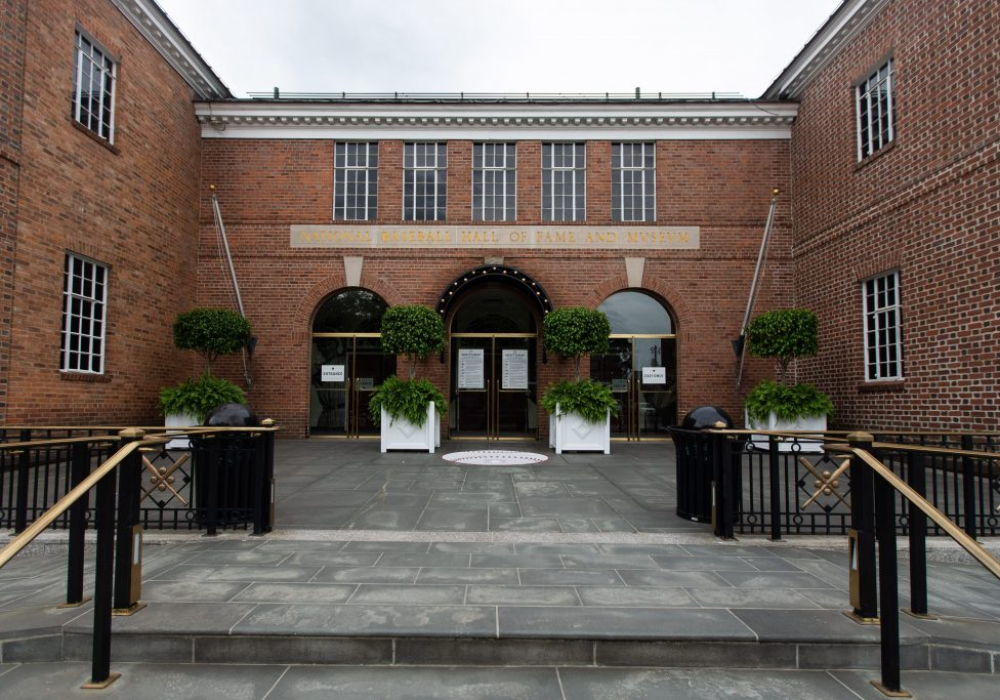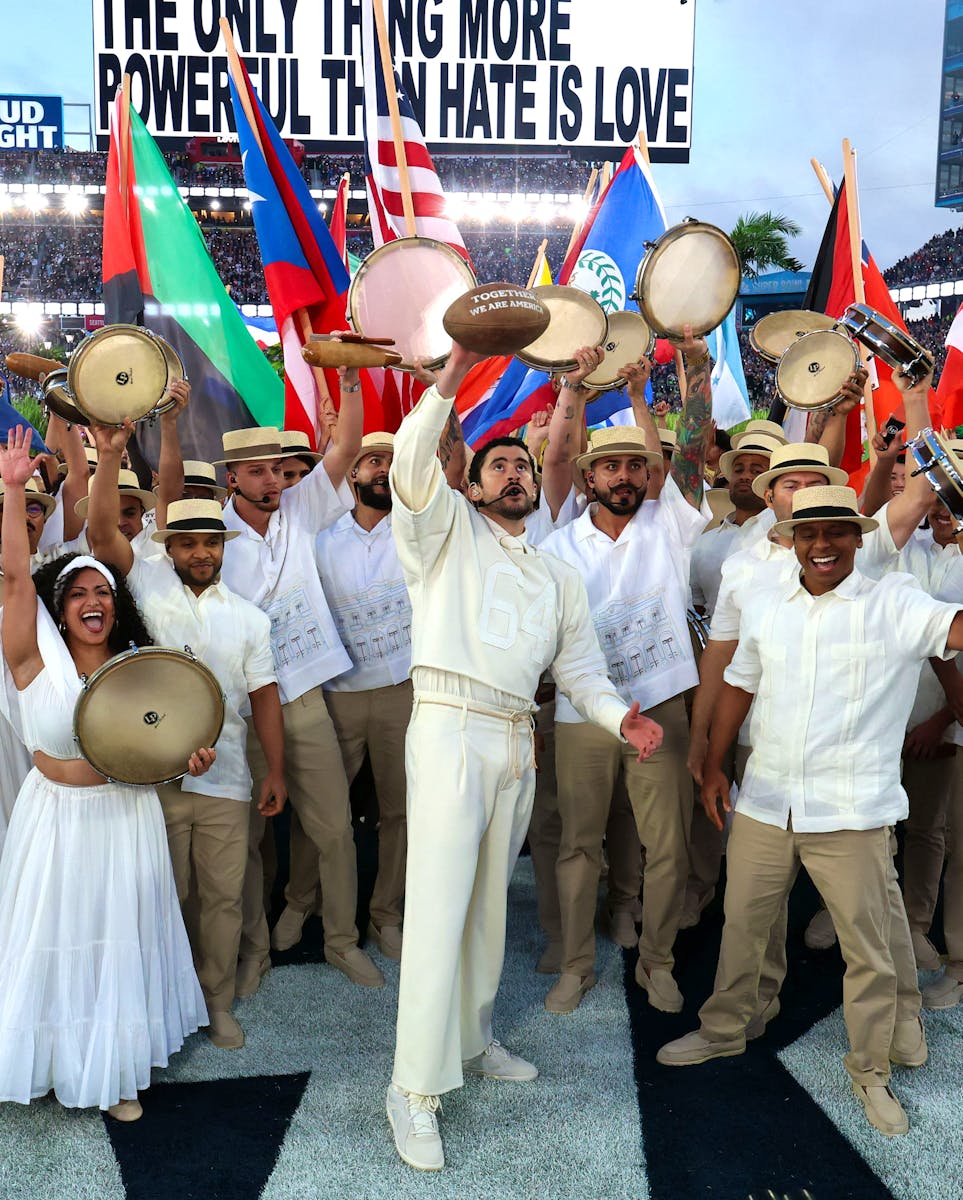Six legendary names have been inducted to the National Baseball Hall Of Fame, as per the results of today’s special selection committee meetings. Bud Fowler, Gil Hodges, Jim Kaat, Minnie Minoso, Tony Oliva, and Buck O’Neil have all been elected to Cooperstown, and will be officially inducted on July 24 along with any players voted in by the regular writers’ ballot.
Often referred to as “veterans committee” selections, the Baseball Hall Of Fame now organizes an annual committee with a differing membership that focuses on a rotation of different eras in the sport’s history. The Early Baseball (covering candidates from 1871-1949) committee meets once per decade, the Golden Days (1950-1969) committee once every five years, and the Modern Baseball (1970-1987) and Today’s Game (1988-present) committees meet twice each during every five-year period.
Last year’s vote was postponed due to the pandemic, so this winter saw both the Early Baseball and Golden Days committees each meet, resulting in 20 possible candidates for Cooperstown. Each committee was comprised of 16 members, and each member can list as many as four names on their voting ballot. Candidates must receive at least 12 votes to receive induction into the Hall of Fame.
Minoso, Hodges, Kaat, and Oliva were inducted on the Golden Days ballot. Minoso received 14 votes, while Hodges, Kaat, and Oliva all received 12 votes apiece. Dick Allen fell just short with 11 votes, another unfortunate close call after Allen also missed out on the 2015 ballot by a single vote. Other candidates on the ballot included Ken Boyer, Roger Maris, Danny Murtaugh, Billy Pierce, and Maury Wills, who all received three or fewer votes.
O’Neil and Fowler were inducted via the Early Baseball ballot, with O’Neil receiving 13 of 16 votes and Fowler receiving 12 votes. Other candidates on the ballot receiving votes were Vic Harris (10 votes), John Donaldson (eight), Allie Reynolds (six), Lefty O’Doul (five), and George Scales (four), while Bill Dahlen, Grant “Home Run” Johnson, and Dick Redding received three or fewer votes.
This edition of the Early Baseball ballot put a renewed focus on the Negro Leagues. Donaldson, Harris, Johnson, Redding, and Scales were all star Negro League players, while O’Neil both played and managed in the NAL before becoming a coach with the Cubs and a longtime scout in the Cubs and Royals organizations.
In addition, Fowler was arguably the first black professional player, an accomplished second baseman who spent his career barnstorming around North America playing with many all-black teams and some integrated amateur teams. Fowler also founded and organized several teams and leagues both during and beyond his playing days, with his influence as an early pioneer helping set the stage for what we now recognize as the Negro Leagues. Fowler, whose birth name was John Jackson in 1858, also spent part of his childhood growing up in Cooperstown.
There has been perhaps no greater ambassador for either the Negro Leagues or even baseball itself than O’Neil, one of the game’s most beloved figures. Beyond his on-field success as a player, O’Neil helped scout and then shape the careers of countless players during his long career, and he became the first black coach in MLB history when hired by the Cubs in 1962.
It was widely expected that O’Neil would receive induction into the HOF back in 2006 when a special committee was formed to focus on Negro Leagues legends, and yet while 17 other illustrious names were given the nod for Cooperstown, O’Neil was surprisingly omitted. Nonetheless, O’Neil took the decision with his customary grace, and even spoke at the induction ceremony that summer. O’Neil passed away later that same year.
Minoso also began his career in the Negro Leagues, as the Cuba native spent parts of three seasons with the New York Cubans before debuting in the big leagues with the Indians in 1949. Minoso played parts of 20 seasons in the majors (12 with the White Sox), hitting .299/.387/.461 over 8223 career plate appearances and receiving 13 total All-Star selections. Minoso finished as high as fourth in MVP voting on five different occasions, and won three Gold Gloves.
Later generations might remember Minoso for his cameo appearances in 1976 and 1980, as White Sox owner Bill Veeck arranged for Minoso (at ages 50 and 54) to play in five games and thus become only the second player to play Major League Baseball in five different decades. Beyond that quirky footnote, however, Minoso has an incredible legacy as an icon to both Cuban players in particular, and for Hispanic baseball players across generations.
Speaking of footnotes, Hodges’ status as the player who received the most HOF votes on the writers’ ballot without ever actually receiving induction to Cooperstown is now a thing of the past. While Hodges’ initial path to the Hall may have been hampered by a lack of league-leading or even team-leading credentials, Hodges still put together an outstanding career, hitting .273/.359/.487 with 370 home runs over 8104 career PA in 18 seasons with the Dodgers and Mets.
It isn’t as if Hodges was overlooked in his time, as he was an eight-time All-Star and the winner of three Gold Gloves. He also captured two World Series titles with the Dodgers as a player, and added a third ring as a manager in 1969, leading the out-of-nowhere Mets to one of the most surprising championships in sports history.
A prototype of the old-school workhorse pitcher, Kaat pitched 4530 1/3 innings and 180 complete games over 25 years in the majors, while posting a 3.45 ERA. One of the best-fielding pitchers of all time, Kaat won 16 Gold Gloves during his career, tied for the second-highest total of GGs for any player at any position. The southpaw also received three All-Star nods, and won a late-career World Series title while working out of the Cardinals bullpen in 1982.
Kaat played for five different teams over his long career, but spent 15 of his seasons with the Twins. Twelve of those seasons overlapped with Oliva’s Minnesota career, and now the two former teammates will join forces once again on their way into the Hall of Fame.
Oliva spent all 15 of his seasons in a Twins uniform, beginning his career with a bang by winning Rookie Of The Year honors in 1964. In defiance of the sophomore slump, Oliva became the first player to ever win batting titles in his first two seasons, and he also added a third batting crown in 1971. Oliva hit .304/.353/.476 with 220 home runs over 6880 PA, and it is fair to wonder if Oliva could’ve added considerably to this resume had he not been beset by several injuries in the latter years of his career. His relatively short prime may have been the reason it took so long for Cooperstown recognition, and yet what a prime it was — Oliva was an All-Star every year from 1964 to 1971, and was a runner-up in AL MVP voting in both 1965 and 1970.
The 16 members of the Early Baseball panel were Bert Blyleven, Ferguson Jenkins, Ozzie Smith, Joe Torre, John Schuerholz, Bill DeWitt, Ken Kendrick, Tony Reagins, Gary Ashwill, Adrian Burgos Jr., Leslie Heaphy, Jim Henneman, Justice Hill, Steve Hirdt, Rick Hummel and John Thorn.
The 16 members of the Golden Days panel were Jenkins, Smith, Torre, Schuerholz, DeWitt, Kendrick, Reagins, Burgos, Hirdt, Rod Carew, Mike Schmidt, Bud Selig, Al Avila, Kim Ng, Jaime Jarrin and Jack O’Connell.












